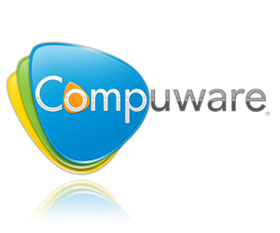Remote collaboration decreases costs
Advances in IT and telecoms technologies are impacting how companies work efficiently in the 21st century, says the IQ Business Group.
“Online collaboration tools, remote work spaces, high speed internet and mobile computing devices are making this the age of remote collaboration,” says Ian Duvenage, consultant at the IQ Business Group.
According to Duvenage, the 20th century saw the rise of open plan offices, which increased efficiency and effectiveness by facilitating collaboration among teams.
He adds that the increased face-to-face contact brought about by open plan offices helped staff members to bounce ideas off each other and help each other when anyone was having difficulty with something. The close team environment aided the visibility of progress and the way in which staff members interact, and true collaboration and efficiency was achieved in many ways.
“However, in today’s fast paced competitive business environment advances in technology are enabling employees to enjoy the benefits of collaboration, from a convenient remote location.”
“The new world of work enables employees to meet their obligations from anywhere in the world via the internet and remote computing devices. No longer do people need to be tied to their desks from 8am till 5 pm in order to get the job done.”
Duvenage explains that new age technologies are not only enabling employees to complete their work anywhere in the world, but to conduct meetings, strategy sessions, team building exercises and team collaboration from remote locations.
Team members can connect with one another constantly via email, cell phones, Skype and the internet. Teams are able to be just as effective in the delivery of outputs when they can dictate their own time and space. All the benefits of open plan offices can be realised remotely using virtual communication tools available to teams today.
“An organisation’s support staff operating in areas such as finance, human resources, IT and marketing traditionally do not require much collaboration. However, remote technologies can enhance the performance of these departments by facilitating information sharing across internal departments, which is currently a rare occurrence in most organisations.”
The use of remote collaboration tools by more and more employees will mean that companies need less office space and use less company resources; resulting in significant cost savings for organisations, as well as savings in travelling costs and time for employees.
“Looking for innovative and intelligent ways of collaboration as well as being more output centric and less “time in seat” focused could be the key to efficiency that is required in the 21st century.
“Smart organisations need to be proactive in making their employees more mobile and transforming their internal structures to more delivery focused. Organisations that do not sit and wait for the external environmental pressure to build before they start to act will reap the initial benefits of remote collaboration, leaving the rest to just follow,” concludes Duvenage.




